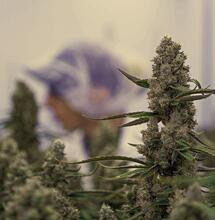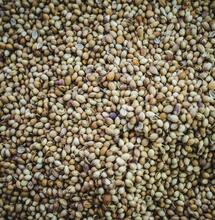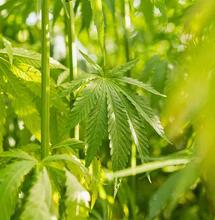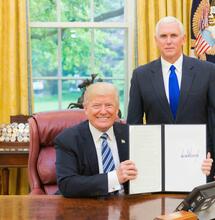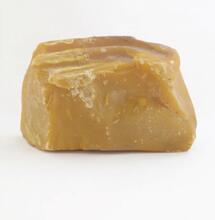Psychadelics and Cannabis, Similar industries?
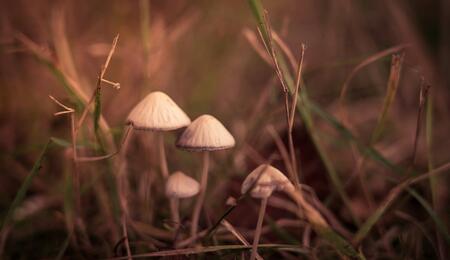
In recent years, there have been a growing number of initiatives promoting psychedelics, primarily to use them for therapeutic purposes. The psychedelics movement is very similar to the early days of the cannabis movement.
At the beginning of June 2024, the results of a study on the effects of psilocybin on mental illness, co-funded by the Federal Ministry of Research, were even published. But that was not the case for a long time. Between the late 1960s and the early 2000s, psychedelics research was completely halted.
The first to receive regulatory approval to resume scientific research into psychedelics were researchers at John Hopkins University in Baltimore, who published a groundbreaking study in 2006 that for the first time spoke of the long-term benefits of taking a single dose of psilocybin.
But pylocybin, MDMA or ketamine can certainly help with depression or post-traumatic stress disorder.
Depression is usually treated with antidepressants. These have to be taken regularly in order to be effective. Some depressed patients take these drugs for decades. Psychedelics, on the other hand, are considered disruptive. They do not cause a permanent and consistent change in brain chemistry like antidepressants, but rather shake everything up. Brain areas that are not otherwise in contact with each other now communicate. This can lead to new insights and perspectives after just a few sessions.
What do Cannabis and Psychadelics Have in Common?
One thing cannabis and psychedelics have in common is that they have pretty much the same supporter groups. Supporters cite the medical benefits of psychedelics as their main argument for decriminalization, and it seems as if they are pursuing the same political agenda of creeping legalization from state to state. But things could turn out very differently than with marijuana. A major obstacle to hallucinogens has been and remains the fact that the production and distribution of these drugs is much more expensive than cannabis. And of course, there is a strong headwind when it comes to availability, as is the case with cannabis.
In some countries, psychedelics are even legal. This is the case in some states in the US, for example. But you can't get psilocybin the way you would buy a bag of weed in a legal cannabis store. Added to this is the high price. For example, a single purchase of psychedelics in Oregon can cost more than $1,000, while a gram of weed can be had for $5 in legal stores. There are also differences in terms of infrastructure. For example, while Oregonians can buy flowers and cannabis extracts in over 800 legal cannabis stores, legal psychedelics are only available in a modest number of around 30 psilocybin centers.
Australia is the only country in the world to have approved MDMA and the mushroom ingredient psilocybin as medications for psychotherapy. In the USA, however, an application for approval for MDMA-assisted psychotherapy was recently rejected by the FDA.
There and everywhere else in the world, the fight for (partial) legalization will probably take quite a while. And when you consider how long this fight has already been going on with cannabis...
More From Soft Secrets:
THC-O The Psychadelic Experience

